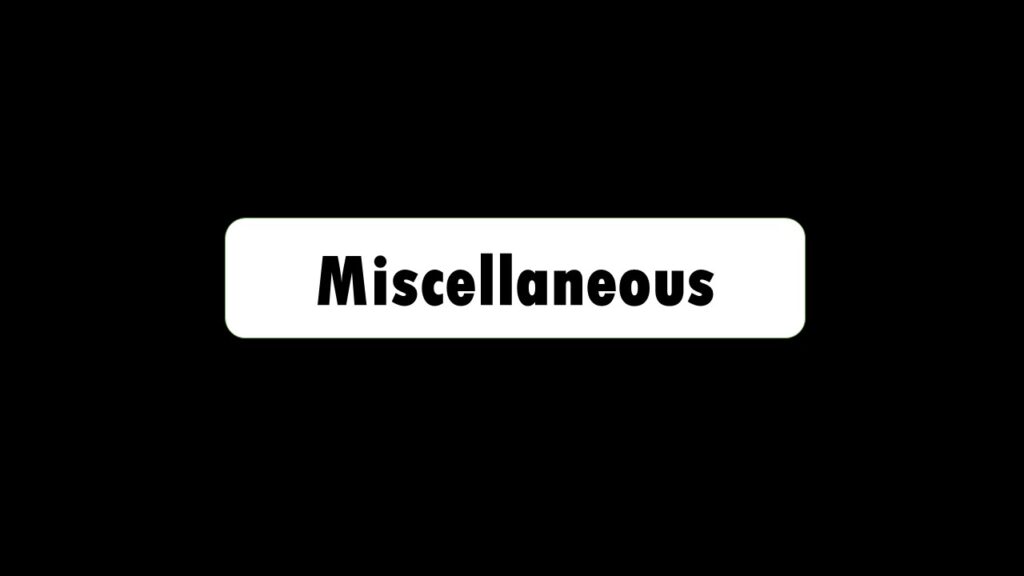Angurbala Mullick vs. Debvbrata Mullick [AIR 1951 SC 293]: Supreme Court of India
Position of Shebait in India in relation to property gifted to deity
13. The exact legal position of a
shebait may not be capable of precise definition but its implications are
fairly well established. It is settled by the pronouncement of the Judicial
Committee in Vidya Varuti v. Balusami that the relation of a shebait in
regard to debutter property is not that of a trustee to trust property under
the English law. In English law the legal estate in the trust property vests in
the trustee who holds it for the benefit of cestui que trust. In a Hindu
religious endowment on the other hand the entire ownership of the dedicated
property is transferred to the deity or the institution itself as a juristic
person and the shebait or mahant is a mere manager….. Even where no emoluments
are attached to the office of the shebait, he enjoys some sort of right or
interest in the endowed property which partially at least has the character of
a proprietary right. Thus, in the conception of shebaiti both the elements of
office and property, of duties and personal interest, are mixed up and blended
together; and one of the elements cannot be detached from the other. It is the
presence of this personal or beneficial interest in the endowed property which
invests shebaitship with the character of proprietary rights and attaches to it
the legal incidents of property…… Unless, therefore, the founder has disposed
of the shebaitship in any particular manner – and this right of disposition is
inherent in the founder – or except when usage or custom of a different nature
is proved to exist, shebaitship like any other species of heritable property
follows the line of inheritance from the founder.
